(Read PART 1 here)
Winning an award at a festival is akin to being possessed by the Devil.
You are not in control anymore because each day, minute, second is spent in overthinking: “What will my next film be?”, “Will it win an award?”, “What if it doesn’t win? What will people think?” You lose hunger, sleep and basically all ties with the world – because the burden of living up to expectations kicks in.
I’m saying this with full confidence because this is what I went through once I got back from IFFLA’07. I practically wrote 10 scripts that revolved primarily around the same concept of ‘Tea Break’ – the award winning short film (much before such terms became a prefix to Youtube short films of late).
Festival Lesson #8: Take a break once you’re back from a festival (if you win an award). Stay away from films and spend some time with friends and family; they’re the best grounding element in history of mankind. It’s cool to not ‘drink-eat-breathe cinema’ for a while. You won’t die.
Armed with a feature script I was developing back then (“Greater Elephant”, then known as “Haathi Ke Daant”), I went and met a lot of production houses with the hope that they would produce the film directed by an award winning short filmmaker.
To my surprise, it didn’t matter if I won an award or went to a festival. At 22 years, I was deemed too young to helm anything. The fact that my short film won and travelled was dismissed as a ‘fluke’.
This was a time, friends, when short films were still being called “DOKOMENTARY”.
Festival Lesson #9: Don’t waste time approaching production houses with your trophy. They don’t give a shit. Business >Story ; Commerce >> Arts.
TLDR – it took me a year to basically exorcise the ‘festival demon’ out of my system. By the time I got out of it, I found myself spending most of my time at Prithvi Theater with actors, writers, directors – each having their own story to tell and journeys to walk on. I still remember Pandit Satyadev Dubey screaming at the top of his voice when someone mentioned that my short film had won an award – “Award jeeta to kya…Ganga nahaya kya?” (Loose translation: “So what if he won an award, has it washed away his sins?”)
It made me question myself whether I had become complacent and that this futile attempt to get my film made by conventional methods might not be the right thing to do. At this point in time, MAMI had launched its first ever short film competition called “DIMENSIONS MUMBAI”, with the theme of 5-minute short films on ‘any one aspect of Mumbai’. Being prodded by the people at Prithvi and pouring in some existential dilemma I was going through, I ended up making “VAAPSI – The Return” with close actor friend, D Santosh (who was a great support during these dark times).
MAMI, INDIA / 2008
MAMI was a microscopic festival compared to the ones that I had visited in the recent past; so small that it was confined in the premise of IMAX-Big Cinemas, Wadala. But it was also by far the best MAMI I have ever attended. Small and very family-like, unlike what it’s become now.
“VAAPSI” was one of the 25 films selected from a pool of 100 entries. It was heartening to see that short films were being given a platform at a festival like this – because this only meant encouragement and motivation to make more. I had gone to the festival with D Santosh and a few close friends, just to see our film being played on the big screen. That’s all.
But as luck would have it, “Vaapsi” went onto win the ‘Grand Jury for Best Short Film’ along with a cash prize of 1 Lakh Rupees!
I still remember receiving the trophy from Aishwarya Rai-Bachchan, mumbling into the mic and being congratulated by the biggies of the industry. It was quite surreal being in that hall of JW Marriott, rubbing shoulders with these big stars. As before, a lot of false promises of ‘work with us’, ‘I’ll produce your next film’ etc.
But this time, I knew that once the intoxication wore off, no one would remember these words.
Festival Lesson #10: Don’t let these talks get to your head and try to contact these people the next day. And don’t even tweet or update your status on social media saying “XYZ wants to work with me” – just saving you from the embarrassment for later! Haha!
The only thing that I took back from MAMI (apart from the 50kg trophy) was how nice and friendly this festival was as compared to IFFI (that I had been part of with ‘The Pool’, less said the better).
“If I ever make a feature, I would love to show it at MAMI”, I thought to myself.
I followed ‘Festival Lesson #8’ after this win, and it worked wonders – didn’t get possessed and I found myself intact, focused and firmly grounded.
But fate had something else in store. “Vaapsi” got selected at IFFLA’08 along with ‘The Pool’. I also got a temporary work assignment in the States, so I found myself on a trip back to the festival that started it all!
IFFLA, USA / 2008
This time around, I decided to try and see how a film festival functions from a ‘feature film’ POV- what steps or guides should I follow that would help me in the eventual ‘feature future’.
To add to my joy, I was accommodated in the ‘filmmaker mansion’ – which featured Sriram Raghavan (“Johnny Gaddar”), Shivajee Chandrabhushan (“Frozen”), the late Manish Acharya (“Loins of Punjab Presents”) and Malayalam new wave director Shyamaprasad (“Electra”). Basically, I was given a couch to sleep on considering all the rooms were filled with the aforementioned great names. But who was I to complain! It was quite a surreal trip; being on the breakfast table with all these great names, getting served chai and toast by Sriram sir, sharing a joke with Manish etc.
They treated me as a filmmaker – despite me being the only short filmmaker in the troupe. Never was there a distinction – we shared the same ride to the festival, made plans for the programs etc. We held parties for the volunteers and other filmmakers at the mansion, cleaned up the mess when they were gone and basically treasured every moment spent in those short four days.
This was the beauty of IFFLA – a festival that would put a Barjatya family drama to shame!
Festival Lesson #11: When in august company of legends, let them do the talking and hear their stories and experiences out. They are there at a festival to unwind and enjoy the fruits of their hard labour. Respect that and just be present. You’ll learn more this way!
Keeping my focus intact, I attended a lot of seminars and workshops and instead of pitching them stories or scripts, I asked a lot of questions regarding how a film made in the East can be distributed or seen in the West.
The panelists included people from Sundance, Tribeca, SXSW film festivals and also digital VOD (video on demand) entrepreneurs like Indiepix etc.
To be honest, at that point in time, digital seemed a distant dream. The final frontier was still the big 70mm screen and the big five film festivals!
So I never could comprehend the ‘reach’ of digital back then.
Festival Lesson #12: Expect the unexpected. Don’t rubbish things that don’t make sense to you, give it a patient ear and thought.
The other thing I did this time around was carry some ‘business cards’, that my friends had printed for me. It was a simple design with “Srinivas Sunderrajan / Filmmaker” with my email and phone number printed on one side. I also carried a few DVD copies of both my short films – which I happily handed out to the esteemed residents of the mansion and also to the people I met at the ‘one-on-one workshops’.
Festival Lesson #13: Keep a few copies of your films with you always. Watermark them if you wish, but it always comes in handy. Remember, the festival stars/filmmakers don’t always find time to come watch your short film. So best to hand over a copy to them with a smile. Don’t worry about whether they’ll see it or not. Everything is finally consumed at some point in life!
As expected, the short didn’t win – but I felt like a winner either way. At this point in time, I was already on cloud nine having spent some quality time with Industry legends – each having given their valuable feedback about my films. This trip was quite inspiring and there was an unbearable lightness of being (of not having won an award) that made me aware of who I was and what I was supposed to do. A great memory that I still cherish each time I revisit it (like during this write-up!)
I also spent some time with the crew of ‘The Pool’ and hung out with dear friend, Chris Thompson –who was trying to make an indie film back in Milwaukee about a serial killer named Jeffrey Dahmer. Inspired by the whole independent culture over there and meeting like-minded filmmakers, I came back heavily inspired and slowly embarked on a journey that would be lead me to turning point of my life , “The Untitled Kartik Krishnan Project”.
2010: The Year I Made Contact
By the time I got done with TUKKP, the year was 2010.
A small screening of the film in early February and a facebook status update by Anurag Kashyap created the much needed buzz for the “40k budget indie feature”. By this time, I realized a lot of film festivals had cropped up and the demands for unconventional, offbeat independent films were on the rise.
Having spent close to a year making the film, I was too exhausted to make a film festival wishlist and soon found myself having missed the deadlines for Sundance, Cannes and Berlin.
The ones looming large were Venice and Toronto – so I figured I should act fast.
Festival Lesson #14: Keep a calendar entry of festival submission dates (early bird and late entry) before you plan your film. It always helps to have a deadline, at the back of your mind so that you don’t waste a year. This isn’t like your IIT or IIM where you can wait years to apply. A film becomes dated to a festival if it exceeds its year of production by a year or so. So plan well in advance.
Anurag Kashyap’s “The Girl in Yellow Boots” premiered at Venice while “Dhobi ghat” was touted to open Toronto. Elsewhere, a certain filmmaker from Kolkata named Q, released a shocking trailer for his indie “Gandu”.
I was lucky to be present at the cusp of this ‘new wave of Indian Indie’ revolution. I learnt that certain film festivals send their programmers to various countries to find interesting films – almost like the King of England sending explorers around the globe to find new land.
Festival Lesson #15: Keep abreast of such developments. Follow (not stalk) festival programmers on twitter or social media; they usually provide information about their travels or availability. Always helps to meet them personally with a screener copy, provided you’re on the guest list (there’s always a backdoor!)
TLDR – TUKKP got selected at the South Asian International Film Festival, New York, Asian Hot Shots, Berlin and my dream of screening at MAMI also came through.
These three emails came almost simultaneously, so instead of being happy I was more stressed because the final film submissions were also neck to neck.
With these selections, I learnt the most important thing that a filmmaker should know when sending films to festivals – PREMIERE STATUS *cue shatter glass music*
Festival Lesson #16: A film’s chances of playing at numerous, elite festivals are slim if it already had a ‘WORLD PREMIERE’ at another festival. The second best thing is to have a ‘continent premier’, for example – “NORTH AMERICAN PREMIERE” (for films that are going to be screened for the first time on American soil) or “EUROPEAN PREMIERE” (for films that have been shown everywhere but Europe)
So one has to be really careful with picking the right festivals, because competition.
With TUKKP, I was in a severe dilemma because I had no clue till Galen Rosenthal, the festival director at SAIFF pointed this out to me. He was also the one who introduced me to the term ‘mumblecore’.
I now had a daunting task ahead of me –which premiere to give which festivals?
MAMI, INDIA 2010 – WORLD PREMIERE
Given the date of screening, it was MAMI that won the race.
I was elated to be part of the ‘New Faces In Indian Cinema’ section. And even more because it was a ‘non-competitive’ segment. But this MAMI was nowhere close to the one that was dear to my heart. In fact, this was a bloated version of that.
The trouble started when I never got the invitation for the Opening night film/party. Thinking this might be an error, I didn’t give it much thought. But what followed would have been a viral post, if social media was so active back then. I was made to run from pillar to post to get my ‘filmmaker access badge’. After that, I had to run another relay to get the ‘free guest passes for my film’.
And here I thought, a feature film would help me gain some importance!
Festival Lesson #17: All that glitters is not gold.
The festival marketing was in shambles and I felt due to lack of posters or buzz, people would miss out my film.
A friend of mine, Varun Shah, suggested I make small postcard-sized posters of the film with the screening dates and distribute it amongst the festival attendees. I went about doing that and printed about 1000 odd posters (some of the leftovers I still have in my room!).
The only redeeming factor of the festival was the volunteers – with whose help we could distribute and place the posters at strategic points across the venues.
So much for festivals trying to ‘become the next Cannes-Venice-Sundance’ etc.
After all this struggle, the day of the screening arrived. I could see that the 220 seater auditorium at PVR was almost full.
People were still rushing in to see this film – each carrying the small posters that we had printed, as though they were the entry pass! Just as the film started, I realized, to my horror that the projection was stretched.
I rushed to the projection room only to be told “We play 150 films every day. Don’t try to teach us our job!”
Sad and dejected, I waited in the darkness for the film to get over. The lights came on and to my surprise, the audience was still there. I don’t remember if there was a standing ovation or not – but there was an air of positivity which made me smile. A small Q &A followed where I apologized for the faulty projection.
The response to the film was mixed but it didn’t matter because the struggles that we endured in making the film finally got a platform it deserved.
Keeping up with the consistency of bad organization, I was denied access to the closing night awards ceremony and after party because they had to accommodate Bollywood stars in the place of Indian filmmakers.
So much for my dream.
Festival Lesson #18: MAMI. Never again. Topic is over.
South Asian International Film Festival, New York / 2010 – NORTH AMERICAN PREMIERE
TUKKP was screened alongside other ‘new wave Indian Indies’ like Gandu, Aaranya Kaandam, Good Night Good Morning etc. The best thing about SAIFF was that they went all out in marketing their selected films.
TUKKP was featured in Wall Street Journal, Hollywood Reporter and other such famous film publications. This created the much needed buzz that usually surrounds a ‘festival film’.
Since the budget of the festival was tight, they couldn’t afford to fly in the filmmakers and hence I couldn’t make it.
Festival Lesson #19: It is imperative that the filmmaker be present when his/her film is being showcased at a festival. Especially if it’s your feature film. Lesson learnt.
I was quite disappointed to not make it to the US with my first feature film. Through twitter and other social media, I came to know that only five people attended the screening – two of whom walked out because they got confused with the programming. I never knew how the projection was or how the remaining three felt watching the film – though later we came to know they were common friends and they hated the film because it was priced too high.
Oh well, that’s another burden not in our control that we’re forced to endure.
Festival Lesson #20: Read #19 again.
Post this trauma, I decided to just take a break. I was waiting to hear back from IFFLA – having sent them an early draft a year back, the new modified cut was something I was hopeful would find a place. IFFLA, I knew was always one for the independents.
And boy was I disappointed when the film didn’t make the selection.
That’s when I decided to just lay low for a while. I’ve been in this whole filmmaking circus non-stop for around four years – I needed to rest.
I began concentrating on my music band and other small projects that helped me recover the finances that I had invested for so long.
TRANSILVANIA INTERNATIONAL FILM FESTIVAL, ROMANIA / 2011
“The land of Count Dracula,” I thought when I got the selection email from the festival. Namrata Joshi, who was the first journalist to cover TUKKP, had recommended my film to the festival director, Mihai – who, post seeing the screener, sent me the email. The ordeal to send the Digibeta tape from Mumbai to Romania warrants another article in itself – but thanks to Sudhish Kamath, it reached safe and sound.
TIFF was curating a few Indian indie films, namely ‘Gandu’, ‘TUKKP’ and ‘Good Night Good Morning’ that year and also were premiering Vishal Bharadwaj’s “Saat Khoon Maaf”.
The first thing I asked was whether they were inviting filmmakers as well and they said “Obviously, and why wouldn’t we want to have you here?”
Upon reaching there, I realized that the entire town of Cluj was dedicated as a festival venue. Every nook and corner had these really old school, classical, operatic theater spaces which were used as festival venues.
TUKKP was in the competition, which meant a big thing for everyone. The moment one figured that I’m a director whose film is ‘in competition’ – their faces used to symbolize awe and amazement. Quite a far cry from a certain festival in my hometown.
I found great company in Q, Sudhish and Namrata (who was on the jury for the FIRPRESCI section). We hung out together, discovered the cinemas of Europe and basically enjoyed our stay in a completely strange country.
Festival Lesson #21: Sometimes the obscure film festivals are the friendliest ones. If you happen to receive a selection letter from such a festival and they’re willing to sponsor your flight – SAY YES BLINDLY.
Right before the closing night ceremony, Q, Sudhish and me had a great discussion on the state of Indian indie cinema – as to how we need to keep the flame burning and go where no one has gone before.
It’s funny when I write this, thinking about that moment in time. There I was, bruised and wounded by my experiences pre-TIFF, and just an off-hand discussion about ‘indie’ with people who made it on their own so far was enough to get me to reach for my weapons and enter the battlefield again!
An unexpected festival with a great bunch of people – I made quite few connections on this trip that enriched my journey ahead.
SOUTH ASIAN INTERNATIONAL FILM FESTIVAL, USA /2011 – WORLD PREMIERE
Upon my return from TIFF, armed with knowledge, support and experience, I resurrected the first film that I wanted to make – GREATER ELEPHANT.
Shot in 10 days with a crew of about 12 people, I decided to not wait for Sundance or any of the other big festivals, instead taking my chance with SAIFF – the festival that had given TUKKP a lot of foreign press and attention.
This time around, the festival sponsored the filmmakers to New York and I found myself in the company of Umesh Kulkarni (one of my favorite directors, who was premiering ‘Deool’), Rasika Dugal (‘Kshay’ actress), Shaan Vyaas (‘Kshay’ producer) and Megha Ramaswamy (festival programmer).
On the flight was Shekhar Kapur too – but I was quite nervous with my film to actually be star struck.
I finally met Galen, the festival director who was quite a fun guy to hang out with. The film’s producer, Pallavi, was also in New York along with two of our cast members. It was my first time in New York – but rather than enjoying, I was quite stressed about the film considering it was a working cut that we were premiering.
Festival Lesson #22: Never premiere with a ‘working cut’. It doesn’t always work in your favor. Take your time to work on the film and then only send it out.
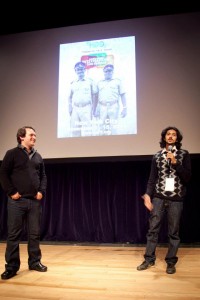 In all my festival travel, I’ve always realized that it’s not an easy thing to ‘build a festival’. It takes a lot of time, patience, energy and money to get it up and running. The key factor that I found in all the festival directors is humility and a die-hard passion to make it happen.
In all my festival travel, I’ve always realized that it’s not an easy thing to ‘build a festival’. It takes a lot of time, patience, energy and money to get it up and running. The key factor that I found in all the festival directors is humility and a die-hard passion to make it happen.
Here in India, the festivals are just a means to fame and glory. It’s all hollow inside.
And SAIFF made me realize that I had taken the right call of having the ‘World Premiere’ there. I could have waited for Sundance that was right around the corner or Berlin, early 2012 – but somewhere I felt SAIFF is where the film deserves to be shown.
And I wasn’t disappointed.
Festival Lesson #23: Always follow your instincts. They never lie.
The film won the ‘Jury Prize for Best Film’ and overall, it was a positive response. I met the jury at the after party where they told me why they awarded the film despite stiff competition from other films. On my way back, Umesh gave me a piece of advice which I summed up as lesson #22.
Festival Lesson #24: Learn to cultivate patience. Give time some space and it’ll give you your rewards.
Nothing drastic happened in my life post the awards win at SAIFF, 2011. I was busy trying to work on the edit of the film and also trying to figure out the new demon in my life -‘Distribution’.
At this point in time, I felt it was always easier to be a short filmmaker than features because the stakes were never so ‘life-threatening’. Having worked on self-support for this long, it became a daunting task to figure how one should go about distributing the films theatrically.
I also got in touch with the foreign sales agents and distributors that I had met during my years of festival travels, enticing them with my award winning indie features. But as luck would have it, they had either shut shop or were looking for more conventional films from India.
CPH-PIX: Indian Indies and Beyond, Copenhagen / 2012
2012 was the last time I went for a film festival, that wasn’t on Indian soil.
The festival was ‘CPH:PIX – Bollywood and Beyond Film Festival’ in Copenhagen. I was in the ‘Beyond’ category, with both my independent feature films (“The Untitled Kartik Krishnan Project” and “Greater Elephant”) being screened there.
It was a relatively smaller festival considering the parent, CPH:PIX is one of the biggest festivals in that side of Europe. This was an Indo-Dutch collaboration, bringing Indian films to the dutch soil.
The chief attraction at this festival was the open air screening of “Om Shanti Om” – in the middle of their town square.
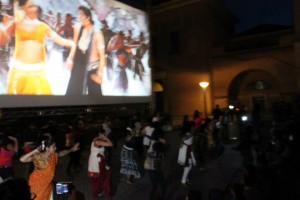
I quite enjoyed watching the film in open air and wondered at the possibility of it all. Having seen the film at Fame Adlabs, Andheri –now I’m watching it with several foreign people in a completely foreign land that is NOT known for such ‘friendly cinema’!
It was also the first time I felt the power of Bollywood and the spell it creates wherever it goes!
Festival Lesson #25: Bollywood will always reign supreme. The sooner you accept it, better for you and your indie film. It’s best the balance stays this way!
I spent lots of time with the festival programmers and directors, to understand the differences in cinema cultures.
I was also part of a small ‘Sounds of Bollywood’ talk which was moderated by Kristian Andersen (the award winning sound designer of ‘Antichrist’, ‘Nymphomaniac).
I got to learn a lot about how Lars Von Trier works with his crew and how sound plays an important role in their films. It was hard to believe that the man who I was having coffee with and who has won so many international awards, was still filled with child-like enthusiasm enquiring about the sound and music elements I’ve used in my films.
When was the last time you met someone from our industry who will even spend five minutes pronouncing your name?
EPILOGUE
This whole journey of me going back into my past and reliving those moments have left me exhausted and drained. I’ve left out a lot of details and plot points that could’ve bound the years and stories stronger.
But I think there are some things best left unsaid.
I was always afraid to tread the past route because it always brought back negative memories – of forgotten relations and abandoned ideas. Of whom we could be or could have been.
When I look ahead, I still wonder whether my naïve dreams of premiering at the “Big Five” or hobnobbing with the stars, will remain an elusive dream or become a reality.
So far, I’ve been living it through my contemporaries who have found their place in those festivals – but what about those who still yearn the same way I do.
I look at the photos of me from the bygone era and stare now at my reflection in the mirror – somewhere between the photographs and the reflection, I realize I’ve changed routes and am heading to a destination filled with suspense and mystery.
Festival Lesson #26: Having been through so much in such short time, I realized one thing – one award or selection or recognition doesn’t mean one has arrived – we still have to keep going on. It’s not the end of the road, but just the beginning.
Only Time is your one true friend in this journey called “indie”!

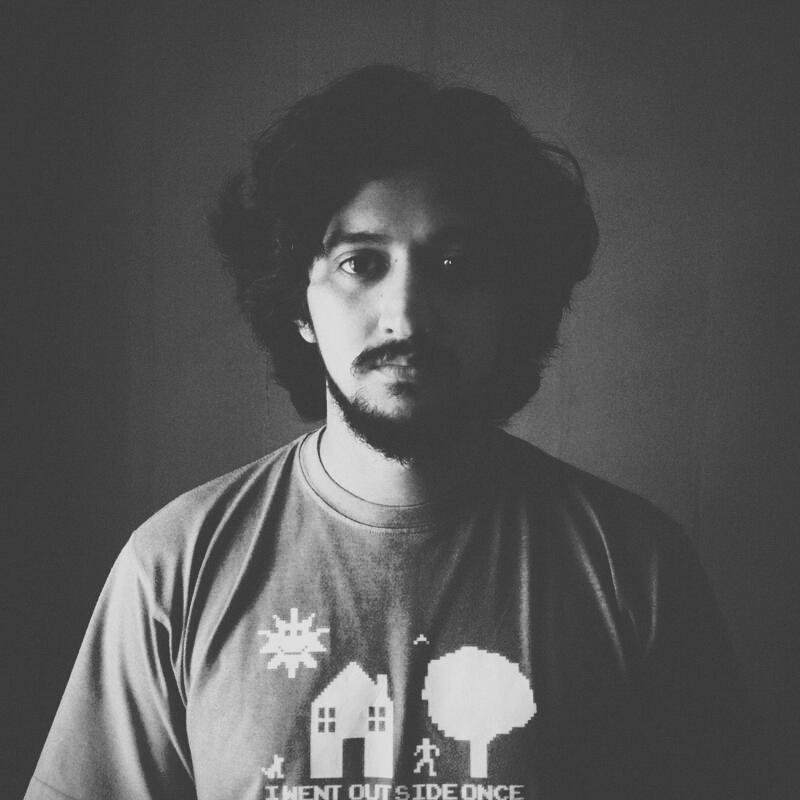
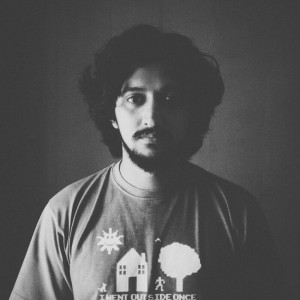
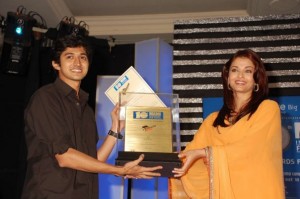
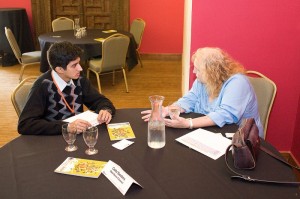
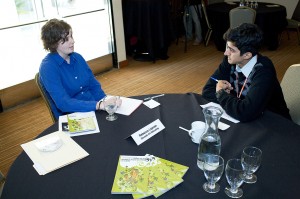
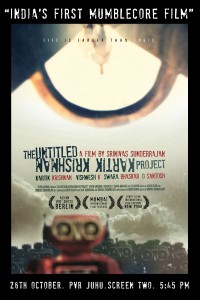
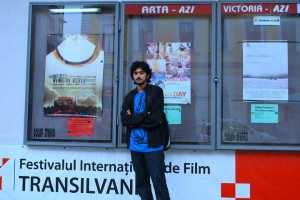
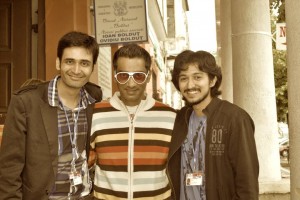

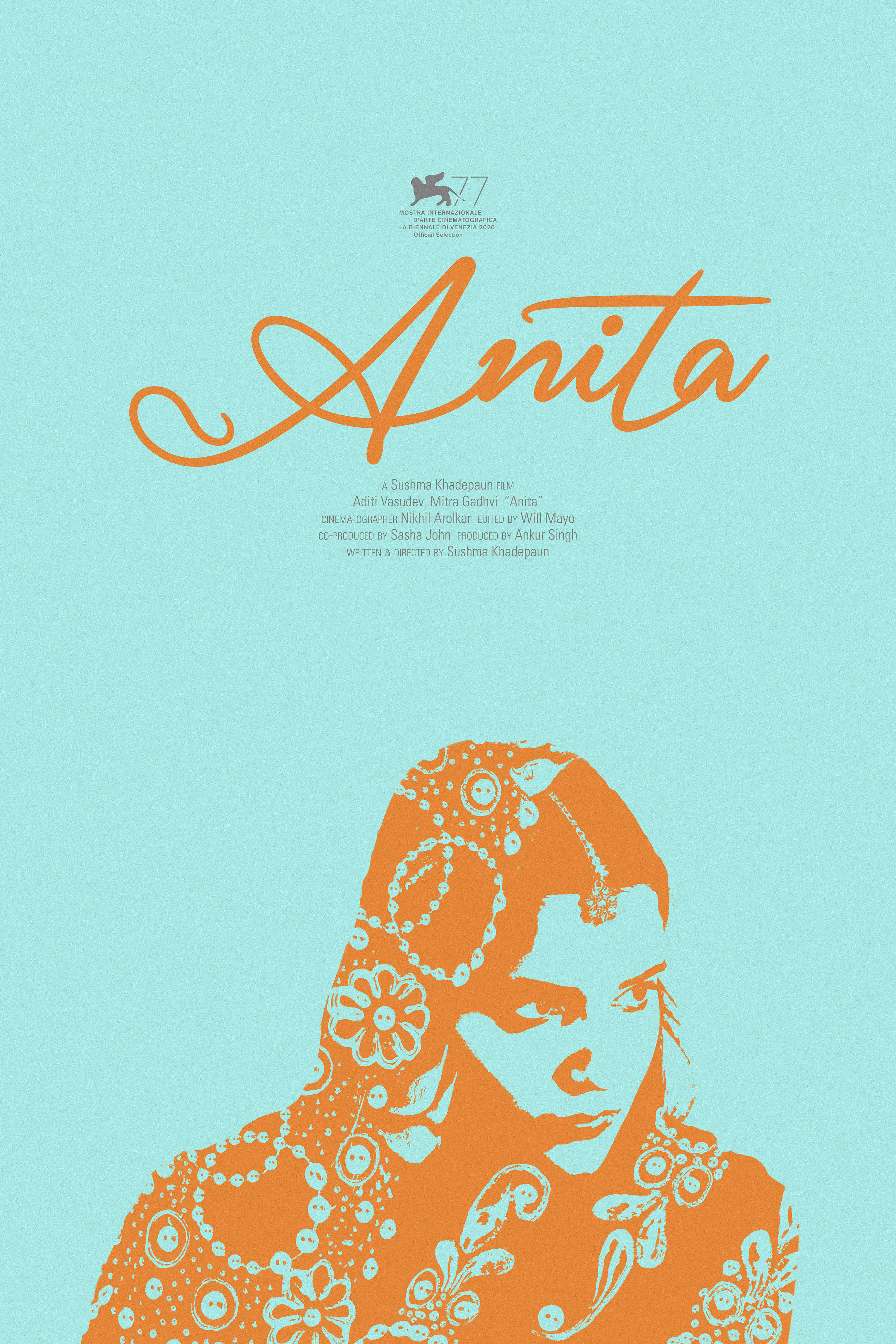
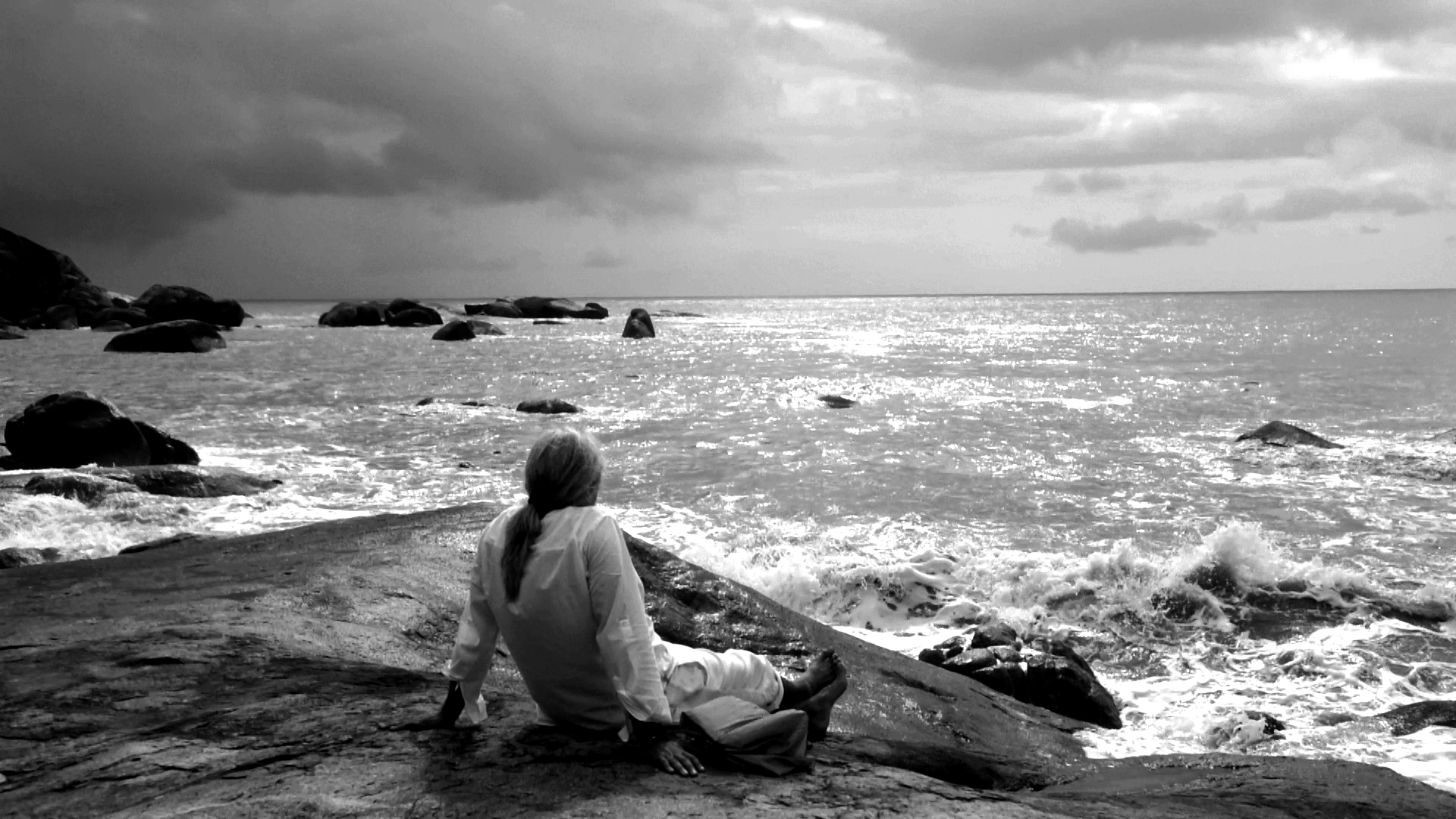
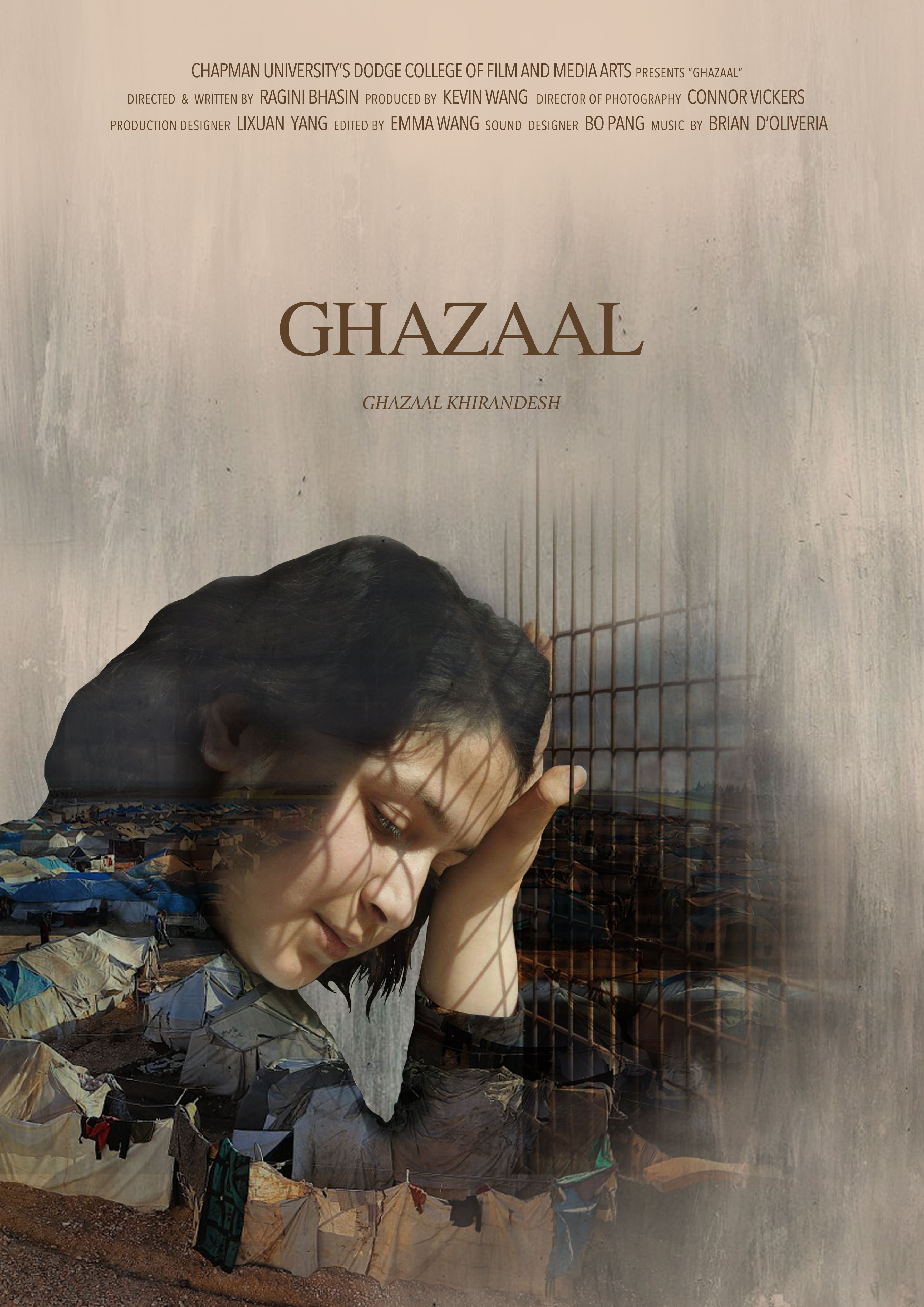
Leave A Comment
You must be logged in to post a comment.